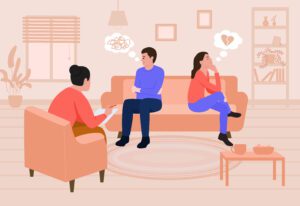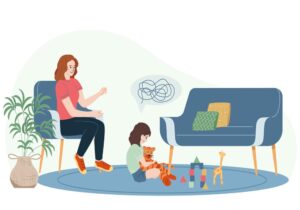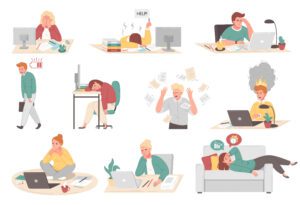Tips for Communicating With Someone Who is Depressed
This article has been researched and written by Nayla Daou. AI has not been used in producing this article.
Knowing what to say to someone who is struggling with depression can be challenging. Perhaps you are afraid you might say the wrong thing. Or maybe you will say something that makes their day even worse? Maybe you feel you’d be better off avoiding the person until they feel better? However, so many people with depression feel alone, and this state of mind only worsens their depressive episodes. We’ve put together a few communication tips designed to help you communicate with a loved one or colleague who is dealing with depression.
Start by being honest
When you find it hard to talk to someone it’s always best to be honest. If you don’t know what to say, tell them – but make sure you let your friend know that you are there for them. This will help break the ice and you may find it easier to speak freely moving forward.
Only tell them you understand or can relate if you actually do. While your intentions come from a good place, you never want to say you understand a situation if you really have no experience. Instead of saying, “I understand,” consider saying, “I can’t imagine how difficult this must feel.” Your honesty will be appreciated.
Tell them you care about them
Words are very powerful. “I care” can mean the world to someone who is feeling isolated or that the world is against them. A hug or a gentle pat on the back can help convey this message in addition to telling them you care. The important thing is to reach out to your friend or loved one and to tell them that you care about them. Let them know they are important to you.
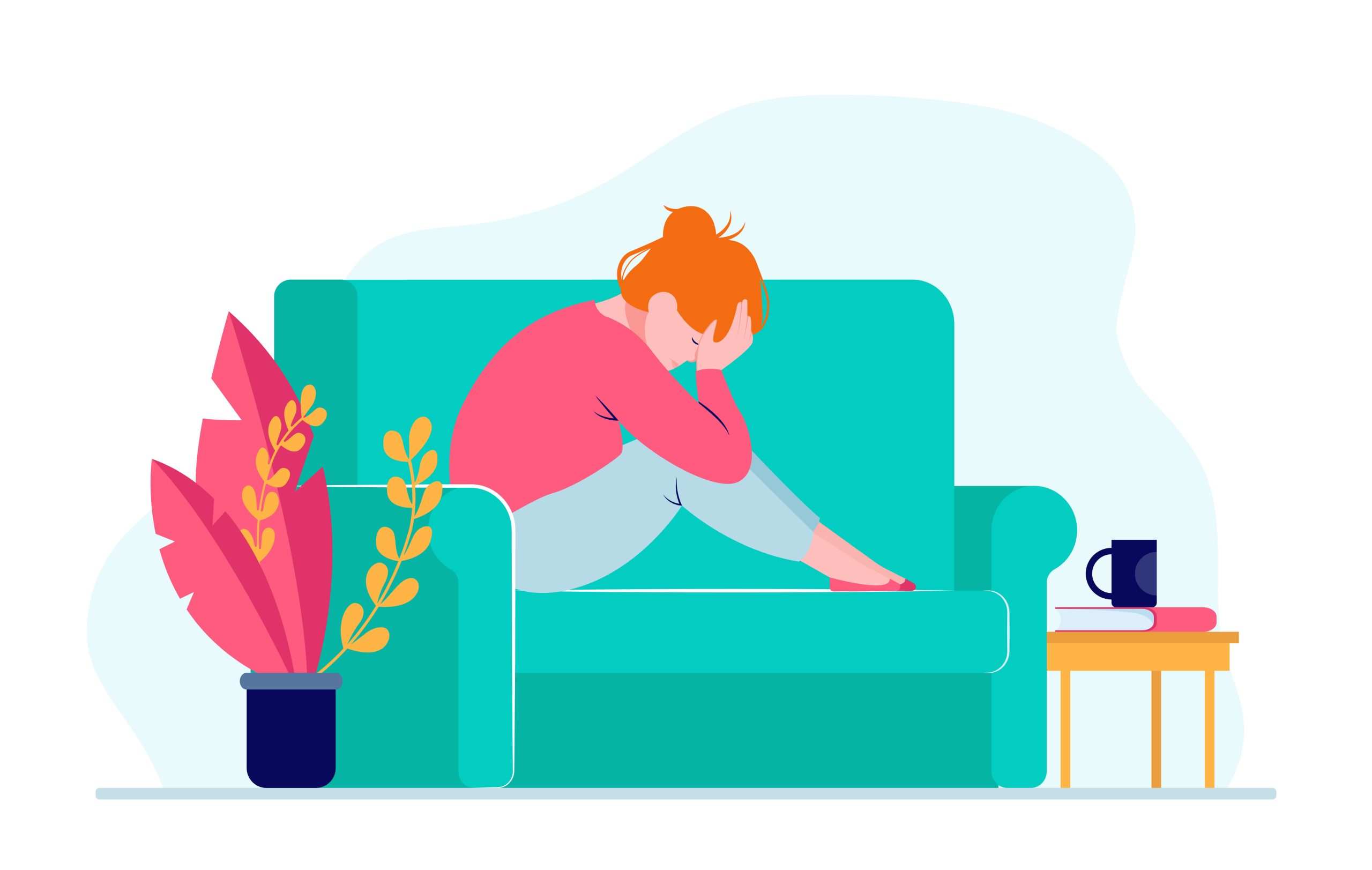
Let them know you are here for them
When someone is experiencing a depressive episode, they may feel like there is no one in the world who understands what they are going through. And while you may not understand what depression feels like, you can let your friend know they do not have to deal with this alone.
Research suggests people tend to withdraw when they’re depressed. Reaching out to a friend in need is an essential first step. If your loved one isn’t ready to talk, continue to show your support by spending time with them. Be sure to check in with them on a regular basis. You can do this either on the phone, in person, or through text. Continually reminding your friend that you are there for them will mean the world.
Ask how you can support them
Depression feels like a great weight has been placed on your shoulders, both physically and mentally. It can also leave a person feeling drained and tired. Ask your friend how you can support and help them during this time. Perhaps you could offer to get their groceries, hang out and watch television, or drive them to an appointment.
It’s important to be specific, as many individuals with depression may be reluctant to accept help. Instead of saying “how can I help?” you could ask, “Can I come over this weekend to mow your lawn?” Listen to their response and take it from there. Remember, what you may offer may not line up with what they truly need. Support them in a manner that will benefit their situation.
Encourage them to get professional help
Depression treatments are essential to depression recovery. However, many people feel ashamed or guilty about their condition and don’t feel comfortable receiving treatment. Others might think that treatment won’t help. Regardless of their view, encourage your loved one to see a doctor or therapist to help manage their depression.
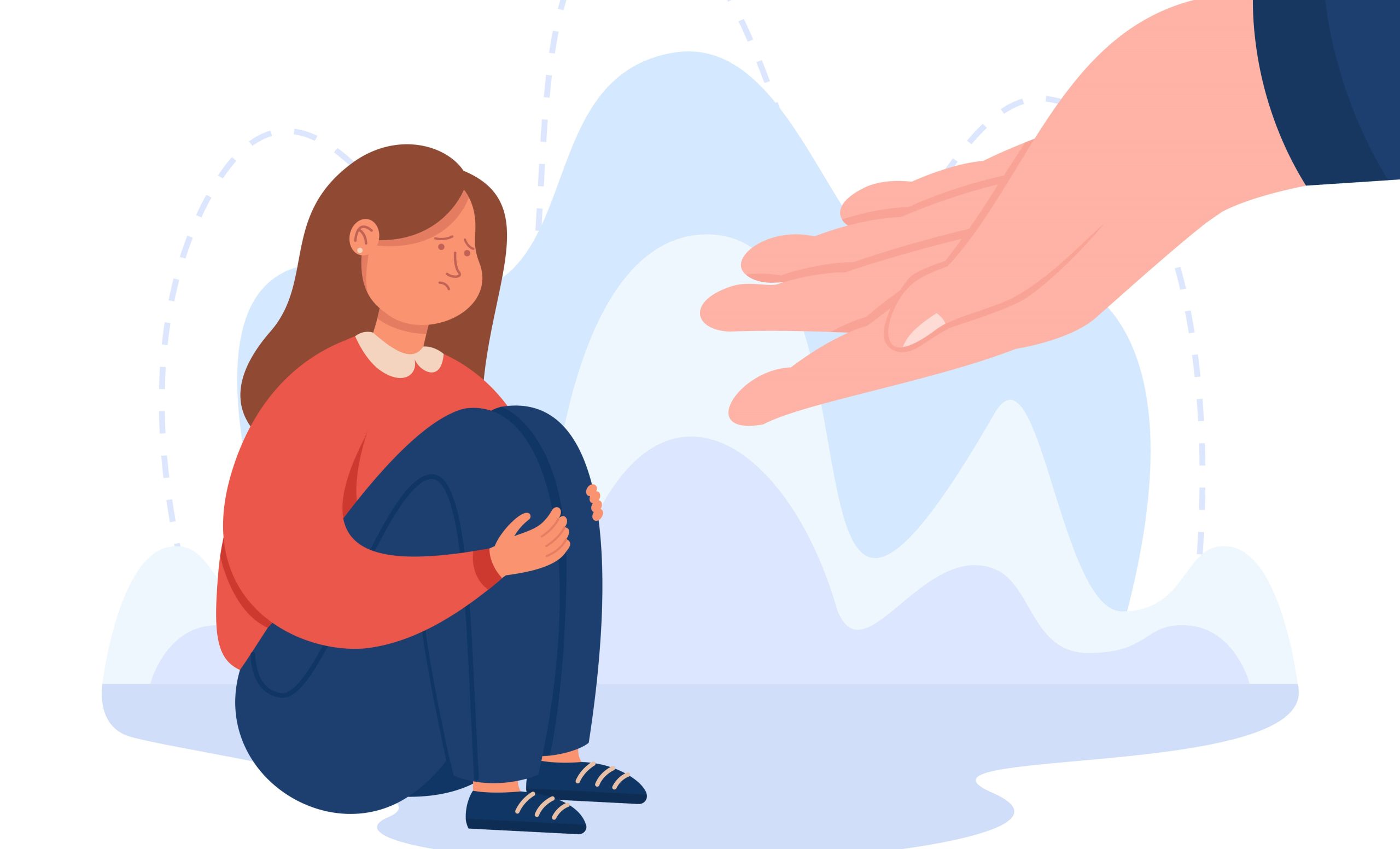
Ask if they want to talk
Sometimes the best thing you can do is just to listen. Be the shoulder they can lean on, and provide a safe and supportive environment to relieve any pressure or pent-up feelings. It’s important to listen without interrupting. While you may feel tempted to offer advice to help “fix things,” this may make your friend feel worse or useless. Sometimes individuals who are depressed just need to have a conversation without unsolicited advice (no matter how good the intentions are). Listening can make their pain feel more bearable as they treat their depression.
Remind them they are not alone
While your friend may feel alone, depression is common. According to the World Health Organization (WHO), “Depression is a common illness worldwide, with an estimated 3.8% of the population affected, including 5.0% among adults and 5.7% among adults older than 60 years. Approximately 280 million people in the world have depression.”
Remind your friend that the biochemical imbalances associated with their depression are what is making them feel this way about certain situations. They are not weak or defective. Like heart disease, depression is an illness. You can also reassure them there is hope. Just like any other medical illness, depression is treatable. With the right combination of medications and therapy, there is an excellent chance they will feel better again.
Clearminds Depression Therapy
At Clearminds, we understand depression is a challenging illness. However, you and your loved ones do not have to face depression alone. Our team of mental health practitioners, psychologists, and consultants have the clinical experience to offer a tailored approach to depression therapy. Together, we can help you work through this difficult time to meet your specific needs and mental health goals.
Contact a member of our team to learn more about how depression therapy can help you and your loved ones.
How Psychoeducational Assessments Help Shape Better Learning Plans in School
No two children are the same. Every child brings a unique mix of strengths, challenges, and ways of …
Can Relationship Counseling Work for Toxic Relationships?
Relationships can be complicated, emotional, and at times, painful. While every couple experiences ups and downs, some relationships …
10 Signs You May Have Anxiety
Anxiety is a normal and natural human response to stress, danger, or uncertainty. However, when anxiety becomes excessive, it can …
Child Sleepwalking and Talking: What You Need to Know
Childhood is a time of rapid development, filled with new experiences—and sometimes, surprising nighttime behaviors.
Questions a Child Psychologist Might Ask
When preparing for your child’s first appointment with a psychologist, it’s natural to feel curious—or even a little anxious—about what …
55 Love Questions for Couples to Deepen Your Relationship
In any relationship, communication is key. Whether you’re just starting out or have been together for years, asking meaningful
Stress vs. Anxiety vs. Burnout: How to Recognize the Difference
In today’s fast-paced world, understanding the differences between stress, anxiety, and burnout is crucial for …
Relocation Depression: Definition and Ways to Cope
Relocation depression, also known as moving depression, is a form of situational depression that arises from the stress …
How to Help Your Child with Anxiety Through Divorce
Divorce is a significant change that affects every member of a family. For children, the uncertainty and adjustments …
Depression vs Sadness: Understanding the Difference
While often used interchangeably, the terms “sadness” and “depression” represent distinct emotional states, each with …


